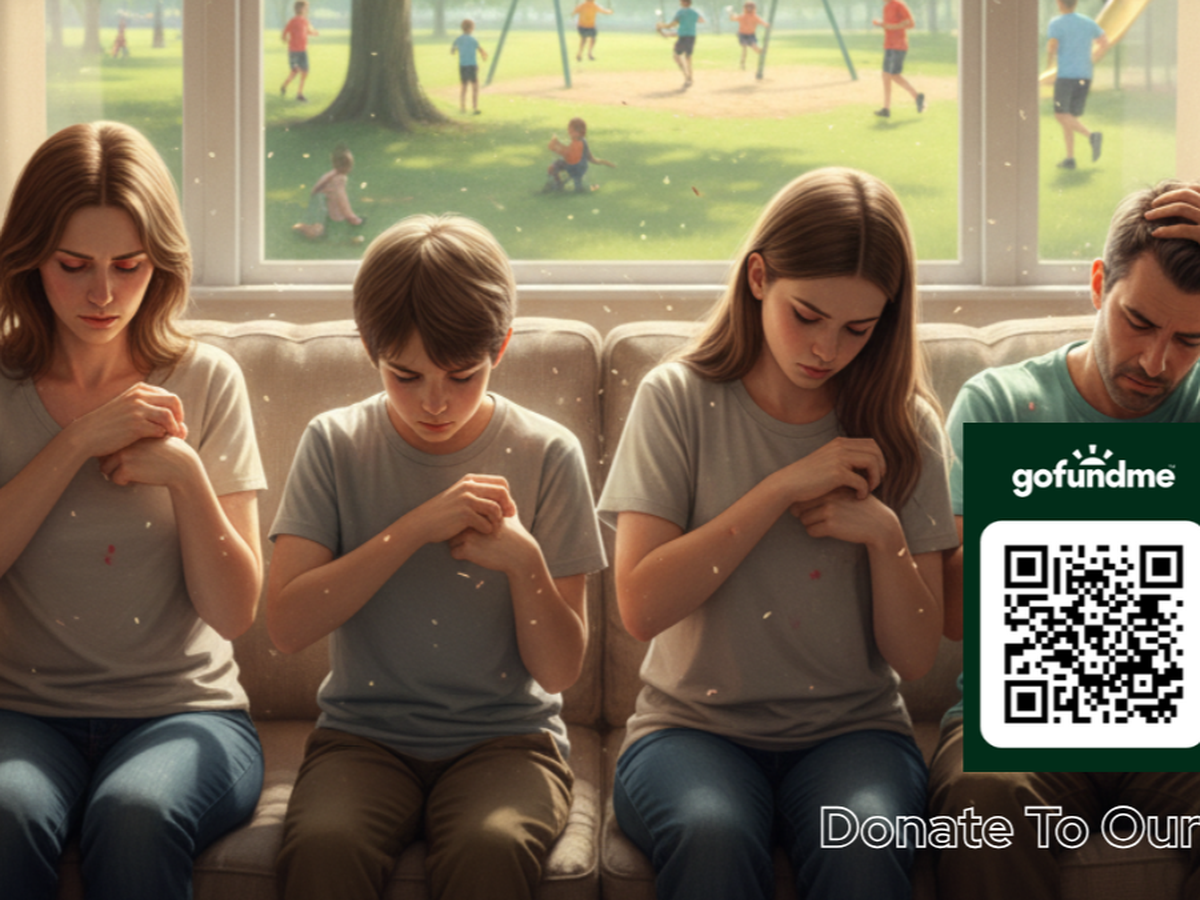Families around the world are being tormented by No-See-Ums, which are tiny midges that bite, infest homes, and ruin daily life. People have lost sleep for years. Some have been forced to give up jobs or even abandon their houses.
One woman in Ohio described how her home, once her sanctuary, turned into a nightmare despite hiring multiple exterminators and seeing doctors who couldn’t help. Another sufferer lost everything: her career, her home, and her health after repeated infestations. These aren’t rare cases. They are part of a growing crisis that is spreading across countries and continents.
The stakes are serious. No-See-Ums are confirmed carriers of Oropouche virus, which infected more than 11,000 people in the Americas in 2024. Cases have already reached the United States. Misdiagnosis and dismissal leave families with no answers.
Many spend thousands on exterminators, medical visits, and protective gear that often prove ineffective. Without global action, these insects will continue spreading disease, hurting local economies, and robbing families of their basic quality of life.
Climate change is pushing No-See-Ums into new regions every year. Infestations are showing up in places once thought safe. At the same time, we are finally hearing the voices of sufferers. Our team is collecting these stories and producing a documentary to expose what is happening and to give people a platform.
The 2024 outbreak showed how fast this problem can grow. Now is the time for the World Health Organization, governments, and public health leaders to act. Research, recognition, and real solutions are needed before more families lose their homes, health, and hope. We can't do this alone. Your support will help save millions of lives.
TL:DR
- People say they get bitten every single day, sometimes even indoors or in their cars.
- Bites can often cause weeks of swelling, pain, and itching.
- Victims describe swarms that crawl into the eyes, ears, nose, and even down the throat.
- The toll is enormous: lost sleep, lost jobs, and severe anxiety.
- Some have lost their homes, cars, and entire livelihoods trying to escape infestations.
- Reported cases include parasitic infections and myiasis (larvae under the skin).
- Doctors often dismiss symptoms or misdiagnose, leaving patients without help.
- Families spend hundreds or thousands each year on exterminators, repellents, and medical visits, yet nothing works.
- Many sufferers become isolated and fearful, cutting themselves off from friends and loved ones.
- Children, the elderly, and vulnerable people are hit the hardest.
- Common fixes like repellents, essential oils, or supplements provide little to no lasting relief.
KEY QUESTIONS:
-Why is it behaving this way?
People want to know if it’s climate change, breeding cycles, or some biological quirk that makes No-See-Ums so aggressive compared to mosquitoes.
-Why is it targeting specific people?
Some family members get chewed alive while others barely get touched. It feels personal, so people want an explanation.
-Why is it so hard to kill/exterminate?
This is the daily frustration. Folks have spent thousands on exterminators, repellents, foggers, essential oils, and still can’t get rid of them.
LINKS:
Subscribe to our YouTube Community for No-See-Um news, updates, stories, and support.

